DePaul professors working remotely during pandemic see challenges
Working from home may seem like a vacation. You can roll out of bed five minutes before your day starts, kick your feet up in yesterday’s pajamas and work on your laptop while sipping some white wine. Yet, working from home doesn’t necessarily come without challenges.
Alexander Devience, an attorney and business law professor at DePaul, has been exposed to challenges different than ones he’s experienced trying cases – like having students call his home phone or sharing a computer with his wife.
Before Devience worked from home, he enjoyed teaching in his classroom where the student’s facial expressions would show they were retaining information. Now, he sits on his wife’s computer speaking into a microphone staring at a screen of black squares with student’s names displayed.
“I don’t kid around as I do sometimes in the classroom,” he said. “It’s more strident for me over online than it is lecturing in the classroom, where I tend to sometimes make fun of the law.”
Communicating with students remotely is unique for Devience, who uses a home phone rather than a cellphone. He originally did not want his 40 students to have his number and could call him at his home.
“So what I did was, if you have a question, send me an email and ask me to call you, give me your home phone number, so I can reach you,” he said. “When I get that, I will call you. Well, they’re so smart. What I didn’t realize is that all of them have [caller’] ID. So they knew my home phone number, so they just simply call me back.”
Access to a computer is another challenge. Devience has an in-home library and no personal computer – he uses a computer set up in his wife’s room. The couple, who has been married 59 years, don’t really fight over who gets to use it because “she always wins.”
Others were more prepared.
Daniel Strunk, a marketing professor at DePaul, was more prepared for the transition since he has worked from home throughout his career. He has an in-home office, personal computer, printer and scanner.
But even with preparedness, he still faces challenges.. His wife is a dog breeder and when he needs to communicate with others, he has to manage where those dogs go.
Strunk said that “even with a dedicated space, there’s an opportunity for a variety of interruptions based on family and based on home circumstances.”
“And I think online courses are far more difficult than people expect from a teacher’s point of view,” he said. “I think you spend more time with an online course than you do corresponding to students with office hours,”
The three-hour commute is gone, but that time is spent typing responses to students on discussion pages.
According to Kristin Mathews, assistant director of DePaul’s News and Integrated Content University Marketing and Communications, the university has been sharing resources to help those struggling to work remotely.
Mathews said that there is a knowledge base to provide “a list of IT resources available at DePaul related to remote work, technology for teaching and learning, and support services, and instructions for using them.”
“This site,” she said, “will be updated continually with new resources.”
One of the resources is a video with “five tips for working from home during the COVID crisis,” which includes tips like sticking to your regular morning routine or finishing all of your work during regular business hours and making a clean break when the clock strikes 5 p.m. (or whatever your regular end time is).
“There have been a variety of tools available to us and this communication, though distance is something that some teachers might have had a more difficult time with,” Strunk said. “It was the amount of time taking in converting an in-person course to a [online] course that took so much time and was really challenging for me.”


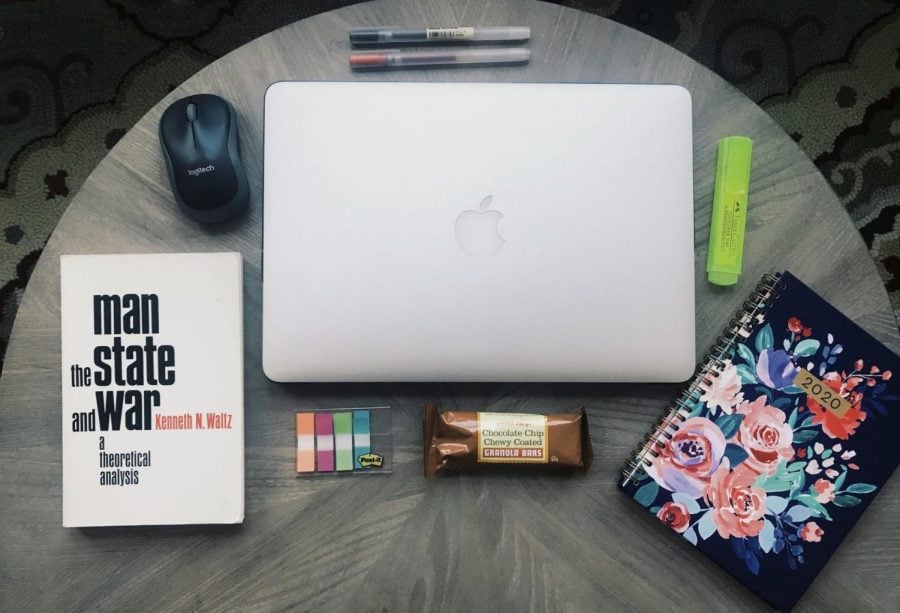


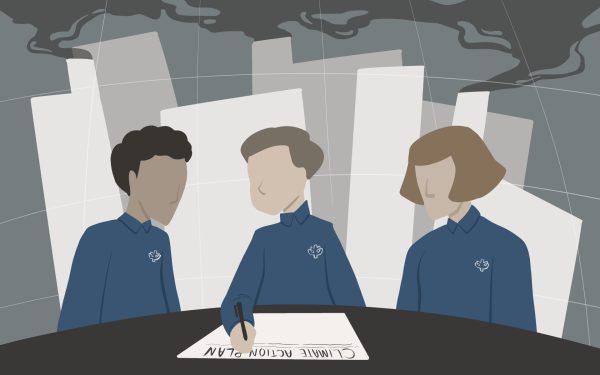




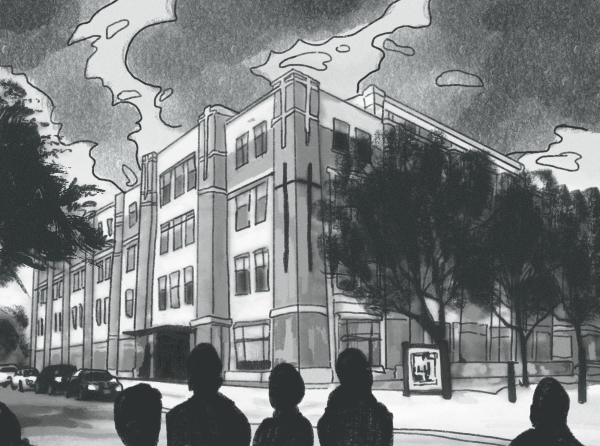
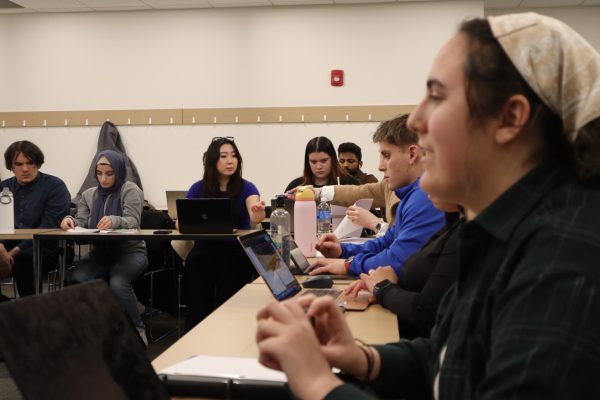
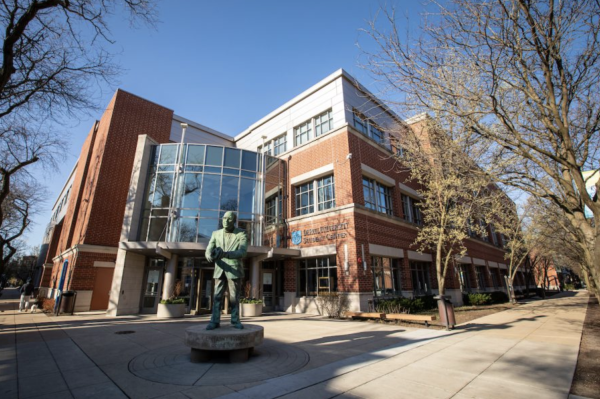

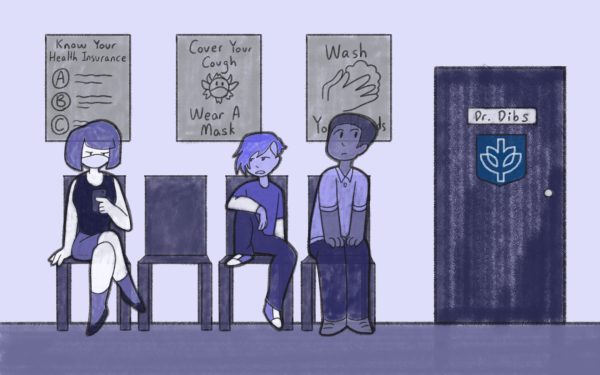
Robin Hoecker • May 9, 2020 at 10:27 pm
Missing from this is the story of parents with you kids who are trying to balance working full time jobs with childcare and homeschooling.